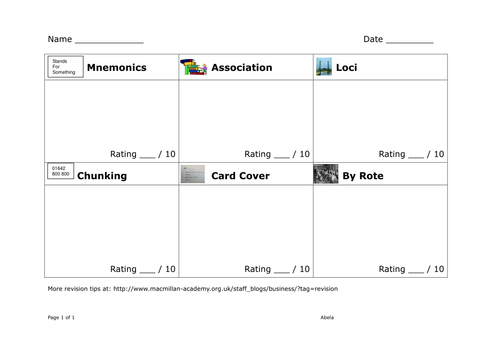Days Spellingthird Grade James Tes
What every teacher should know
Reading 101: A Guide to Teaching Reading and Writing
- Utilize these printables, lessons, and activities to teach your students about the many explorers who have contributed to society. From voyages across the Atlantic to missions in space, these diverse figures transcended social and physical boundaries and changed how we view our world.
- Spelling Test for 7th Grade using 7th grade Spelling Words and Spelling Bee Words for grade 7 7th grade listening comprehension test for improving English reading comprehension Listening activities for school kids and ESL learners, quiz and lessons.
Read educational articles on how to improve reading and spelling skills at various grade levels. Spelling Stars (School Version) We have a sister spelling website made specifically for classroom environment. Students have their own login and password. Students can practice, take tests and play games with spelling lists created by their teachers. Www.harcourtschool.com Spelling Practice Book Grade 3 RRXENL08AWK31SPBi.indd iXENL08AWK31SPBi.indd i 99/14/06 3:38:52 PM/14/06 3:38:52 PM.
Reading 101 is a collaboration with the Center for Effective Reading Instruction and The International Dyslexia Association.

Days Spellingthird Grade James Test Questions
Fun interactive spelling games for kids in early elementary years (grades 1, 2, 3 and 4). Type, listen and learn English – preparing to your spelling test can be as simple as that!
Many people think spelling consists of memorizing all the words in a dictionary and that spelling comes naturally to some and not to others. Pmdg 737 crack torrent. This is a misconception. Good spellers aren't born, they are taught! Nearly 90 percent of English words can be spelled if a student knows basic patterns, principles and rules of spelling.
If a child can spell a word, he or she can usually read the word. In fact, there is a strong relationship between spelling and word reading, because many of the same abilities — phonemic awareness, knowledge of letter patterns, an understanding of morphology and word meanings — underlie both reading and spelling. Good spellers make for better readers and writers.
Watch and learn
Dr. Louisa Moats, an expert in literacy instruction, says that spelling is a visible record of a child's language processing, and gives us a window into what a child understands about word structure, and speech sounds., and how we use letters to represent those sounds. Looking at a child's spelling is a wonderful diagnostic tool.
Putting spelling in perspective
There are about 400,000 words in a dictionary. In about 50% of the words, sound and letter associations map simply and perfectly. These words don't have to be memorized. Another 37% are easily learned through instruction of slightly more complex letter-sound correspondences. Only 13% of English language words are truly exceptional, in that they must be memorized by sight.
Spelling instruction should include:
- Alphabetic principle: Knowledge of which individual letters match up to sounds, in a left to right sequence (In the word cup each sound is represented by a single letter).
- Pattern information: Which groups of letters function as a pattern to represent sounds. Examples of patterns would include: CVC (Consonant/Vowel/Consonant) pattern to form short vowels (e.g. like the word cat) or CVCe/CVVC patterns to form long vowels (e.g. like the words same or meat).
- Spelling variations based on word origins (e.g., ‘ch’ sounds like /ch/ in Anglo-Saxon words likecheck, /sh/ in French words like niche, and /k/ in Greek words like chaos).
- Meaning (morphological or morphemic) information: Which groups of letters represent meaning (The prefix re- as in redo, means to do again). Instruction should include Greek combining forms and Latin roots.
Adapted from: Bear, D.R., M.A. Invernizzi, S. Templeton, F. Johnston (1996) Words Their Way: Word Study for Phonics, Vocabulary and Spelling Instruction.
The Johnson School in Charlottesville, VA, has its own homegrown reading program called RISE (Reading Initiative for Student Excellence).
Days Spelling Third Grade James Tes Reading
Reading 101 is a collaboration with the Center for Effective Reading Instruction and The International Dyslexia Association.
